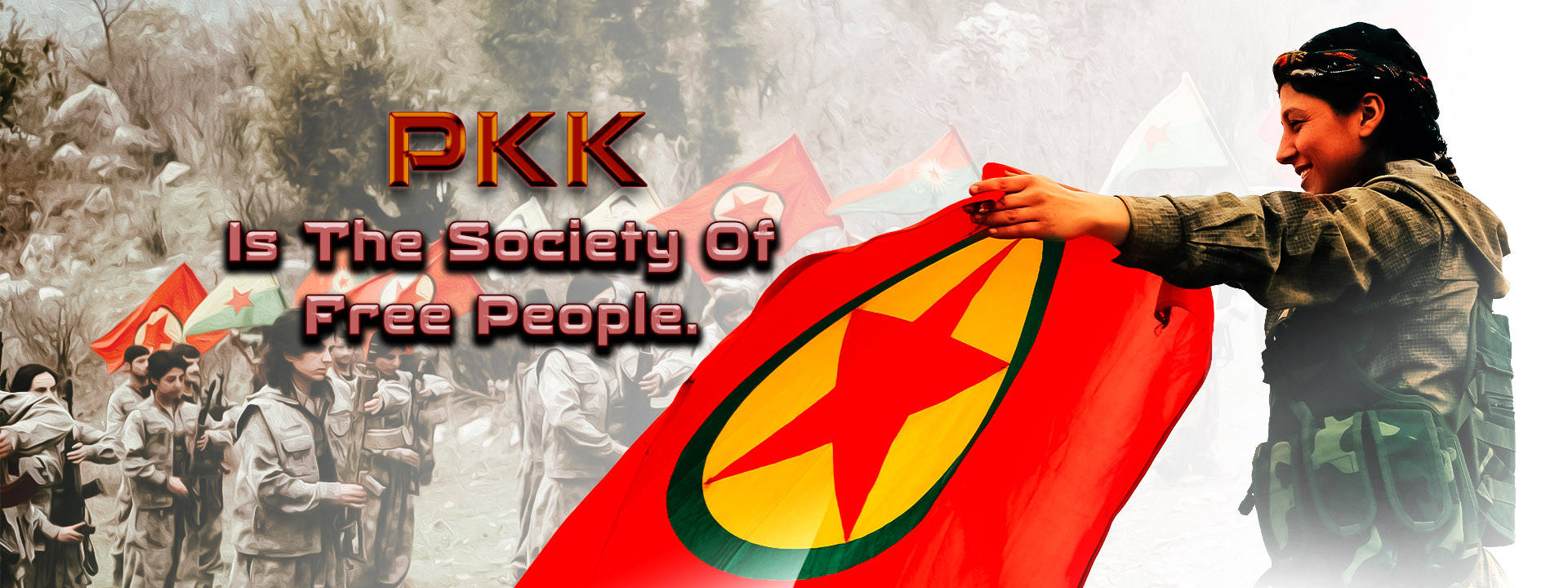To the Press and Public!
On 9 October, at 01:00 hour, our guerrilla forces and The Sengal Resistance Units (YBS), carried out an action against the 15 of the DAIS gangs, who were based in an house in the Village of Xayale/Sengal.
- Details
To the Press and Public!
1- On 6 October, our guerrillas carried out an assassination action against the DAIS gangs in the Village of Vahde/Kerkuk.
- Details
To the Press and Public!
1- On the night of 6 October, at 20:00 hour, our guerrillas carried out an ambush against a vehicle belong to DAIS gangs on the main Road in between Sengal and the Village of Cudale.
- Details
To the Press and Public!
1. On 5 October, at 18:00 hour, our guerrillas carried out an action against a group of DAIS gangs in the Village of Heyale/Sengal. As a result, 2 gangs killed.
- Details
To the Press and Public!
1. In the morning hours of 3 October, the gangs of DAIS attempted to attack on the Village of Gabare/Sengal.
To the Press and Public!
1. On 2 October in between 21:30 – 21:50 hours, the war-planes belong to the occupier Turkish state army flew over our guerrilla Region of Zap/the Medya Defence Areas.
- Details
To the Press and Public!
1. On 4 October at 13:00 hour, our guerrillas carried out an action with heavy weaponry against the dais gangs in the village of Vahde/Kerkuk.
- Details
To the Press and Public!
1. On 30 September, in between 19:00 – 23:00 hours, the war-planes belong to the occupier Turkish state army flew over our Region of Avasin/the Medya Defence Areas.
- Details
To our People and Public!
On 29 September, a military operation launched against the DAIS gangs who based in the Villages of Vahde, Xalid and Saad, in between the Towns of Dahok and Tazehurmato/Kerkuk.
- Details
To the Press and Public
On 24 September, at 15:00 hour, while the members of DAIS gangs attempted to enter to the Village of Gabara/Sengal, our YJA-STAR guerrillas resisted against their entry to the Village.
- Details



